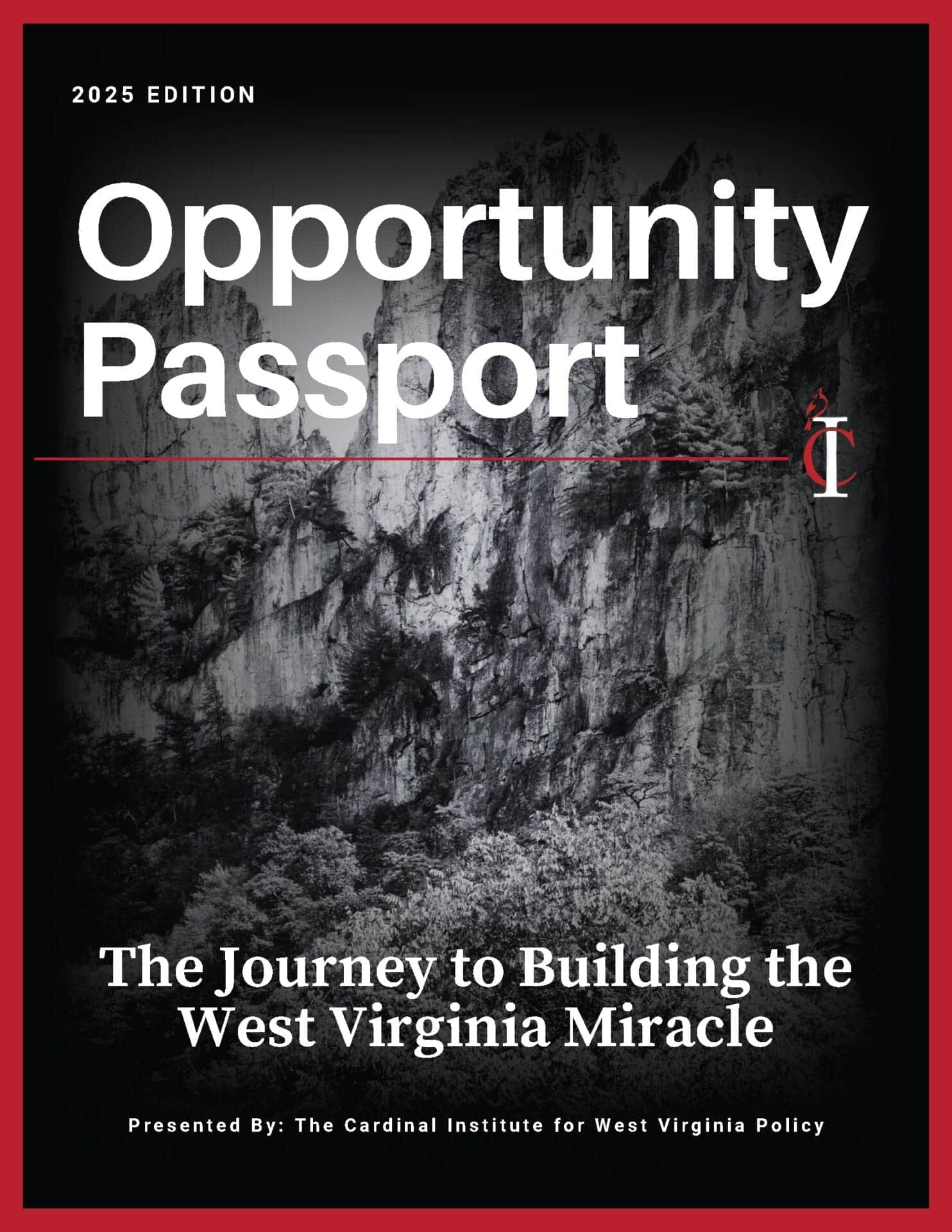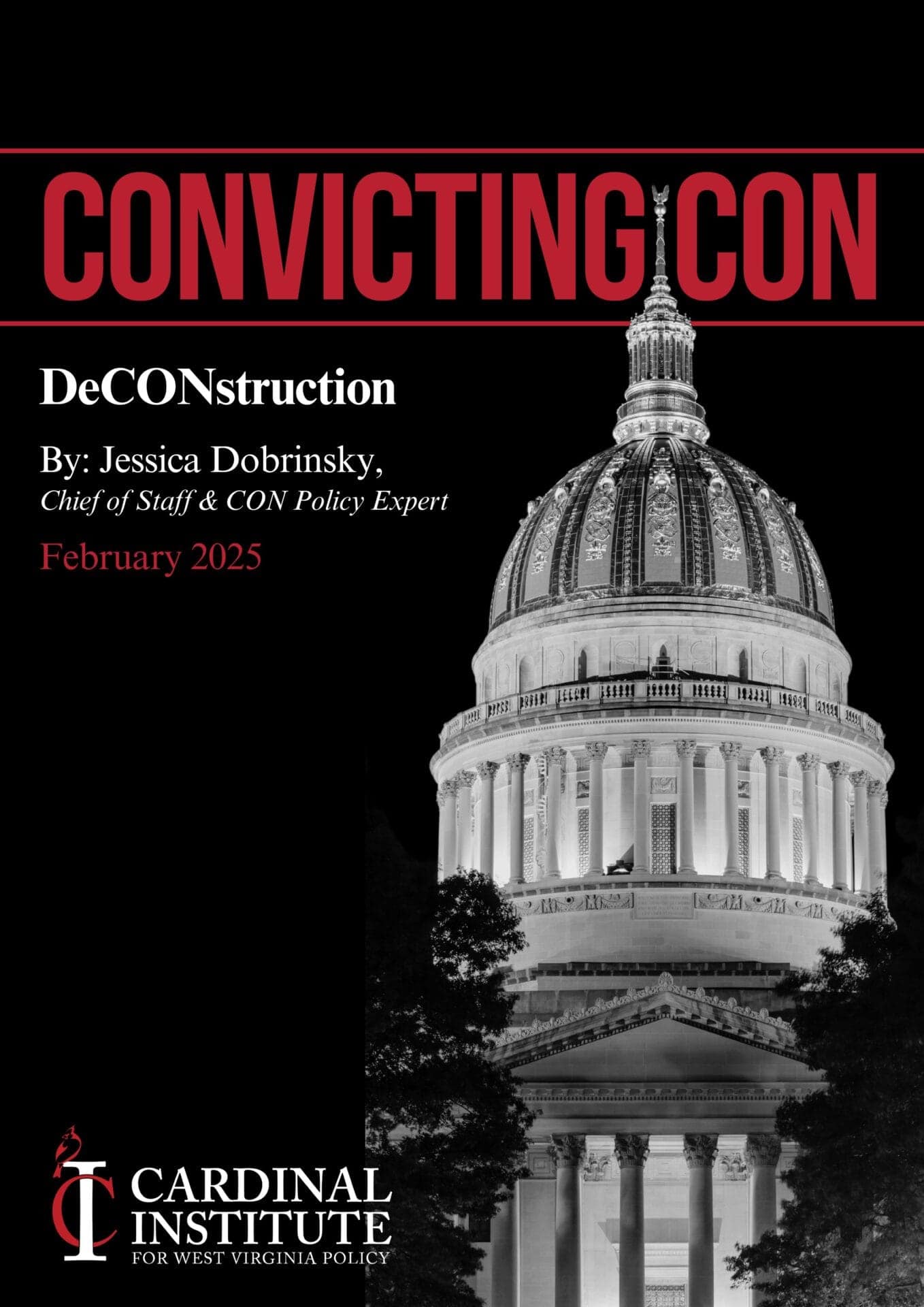
What Public Policy Reforms Are Next?
Cardinal Team
Big Wins In K-12 Public Policy, But What’s Next?
There is little doubt that West Virginia’s public policy problems are legion. They have built up over the last several decades. First and foremost among said problems was a lack of options in the state’s calcified K-12 education system. With the recent passage of the Hope Scholarship program, that problem has been solved in a big way. 9/10 kids in the state will now be eligible to choose a learning environment that best fits their needs. Certainly, the implementation of such an important program will be crucial for it to fulfill its intended purpose. But the necessary pieces are in place.
So, what now?
We Still Have Many Reforms Left To Make
Public Policy That Impacts Worker Freedom
First, “shaking off the rust” in the state’s labor market is important. The state should continue its efforts in reforming the occupational licensing system that often favors the status quo at the expense of aspiring workers and new entrants into the labor market. These are the kinds of regulations that require hundreds of hours and training and expensive continuing education that often have little to do with the job at hand – think 1,000 hours of training for a cosmetologist while paramedics often have fewer required hours of training. There are dozens of examples of burdensome requirements for these occupations.
Also, the state should follow the lead of other states and enact “universal recognition” of licenses. This public policy simply states that if a worker has a license to work in good standing in another state, then the worker can come to West Virginia and perform that occupation without needing to jump through expensive bureaucratic hoops. Taken together, these reforms will make it more attractive to workers looking to relocate while also ensuring an easier process for those currently living and working in West Virginians.
We Need To Improve Health Care Quality & Access
Secondly, it is important to reform the state’s healthcare system in ways that make it easier for smaller, entrepreneurial health care providers to enter the marketplace and compete with the big hospital systems. Perhaps the best way to make this happen is eliminating the state’s Soviet-esque “certificate-of-need” system whereby most new medical services, devices, facilities, technology, etc., must be approved by the state and competitors of the new entrant. This regulatory structure is so burdensome that even the federal government repealed its certificate of need system quite some time ago. West Virginia should, for once, follow the federal government’s lead on this issue.
It’s Time to Improve How Businesses View West Virginia
Additionally, West Virginia must do what it can to shed its reputation as an anti-business and anti-innovation state. “Regulatory sandboxes” have begun to catch on in some of America’s most innovative states like Arizona and Utah. A regulatory sandbox allows companies to try something new without fear of the regulatory state coming down harshly. West Virginia currently allows for sandboxes in the financial technology industry and insurance industries, but the concept should be extended to allow all companies to innovate.
I’m not sure Cardinal’s servers could accommodate the amount of words in would take to fully list all of the necessary reforms, so let us conclude with this: elimination of the income tax. Of course, process and procedure on the elimination of the income tax are, again, critical to its successful, growth-stimulating success. West Virginia should eliminate the state income tax over several years (5ish) and balance the budget in the process. Activities like increases in consumption taxes and reduction in unnecessary spending will help. The devil is always in the details. However, the fact remains that income taxes are a less-desirable means of raising the funds required for government activity.
Cardinal will continue its work on these public policy reforms, so we can continue to build the “West Virginia Miracle.”
Garrett Ballengee is the executive director of the Cardinal Institute for West Virginia Policy.







